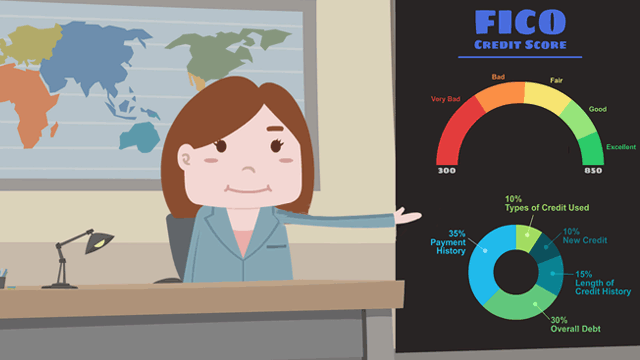Non-Financial Factors That Affect Home Loan Interest Rates
December 30, 2024
One factor is occupancy type. For FHA loans, this is straightforward because these loans require owner occupancy. Investment properties aren't eligible. While conventional loans may have different rates for primary residences, second homes, and investment properties, this isn't a concern with FHA loans.
Some might not immediately know which loan is best for them, but knowing the occupancy requirement ahead of time can help them make a more informed choice.
Your employment history is another factor. A stable job with consistent income shows lenders you're reliable and can make your mortgage payments. They'll look at how long you've been employed, your income stability, and your industry. Building a strong employment profile can help you get a better interest rate if the lender feels that history shows you are a good credit risk.
The loan term and payoff schedule also play a role. The loan term affects your monthly payments and total interest costs.
The amortization schedule determines how your payments are applied to principal and interest over time. Your lender may offer different interest rates for a 15-year loan compared to a 30-year mortgage, for example.
Standard amortization has early payments mostly going toward interest, while graduated payment mortgages have payments that start lower and increase over time.
Your income projections and financial goals will influence your choice of amortization schedule, and your lender may offer different interest rates for different loan terms and amortization schedules.
Remember, lenders consider various factors when determining your FHA loan interest rate. Understanding these factors can help you make informed decisions and potentially secure a lower rate.

FHA Loan Articles
January 30, 2025FHA residential refinance loans, insured by the Federal Housing Administration, allow homeowners to refinance their existing mortgages. They potentially have more flexible qualification requirements than conventional loans. FHA refi loans can lower monthly payments, shorten the loan term, consolidate debt, or even access cash for home improvements or other needs. Understanding the eligibility criteria and different refinance options is crucial for homeowners considering this option.
January 29, 2025Are you about to graduate from college and are already thinking of what your dream home might look like? Understanding the intricacies of the mortgage is an essential step in your journey toward home ownership. Two key terms you'll encounter early on are "FICO score" and "credit history." How do these two things affect your ability to buy a home?
January 28, 2025Are you dreaming of transforming a diamond-in-the-rough house into your ideal home? Fixer-uppers offer a unique opportunity to personalize your living space and potentially build equity at a price lower than some occupant-ready homes.
January 27, 2025When buying or selling a home, two critical processes are often confused: the appraisal and the inspection. Though both involve a thorough examination of the property, they serve distinct purposes and provide different types of information vital to a successful FHA loan transaction.
January 22, 2025Consider this scenario: you've been in your home for five years or more and you've likely built up a significant amount of equity, and now you might be wondering how to put that equity to work for you. Whether you're dreaming of a major renovation, need to consolidate debt, or want to help a child with college tuition, you have options. Two choices are an FHA cash-out refinance and a home equity line of credit (HELOC).







